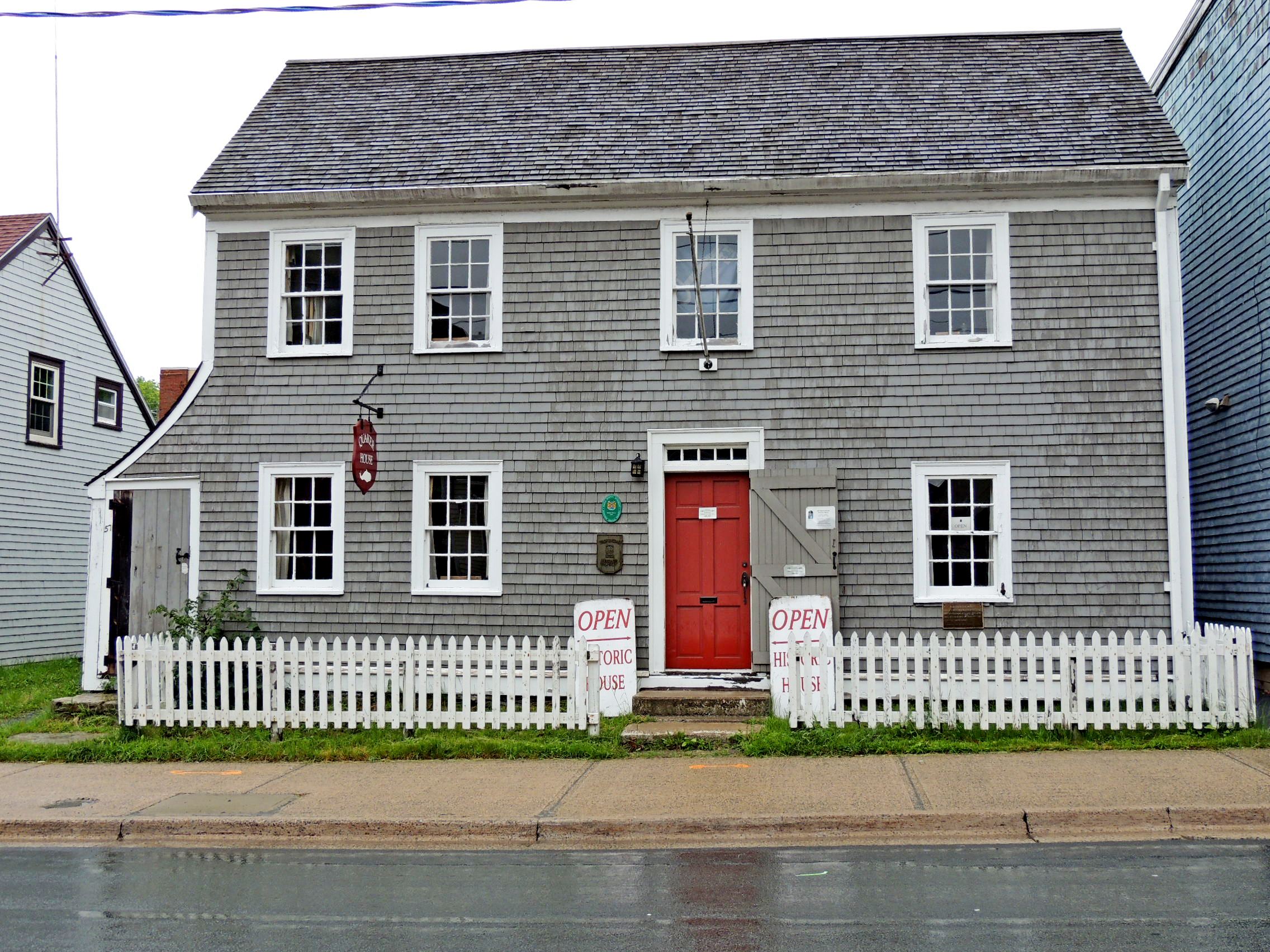Quaker House

Quaker House is the oldest building in Dartmouth, constructed by the Ray family in 1786. The Ray’s arrived in Dartmouth alongside 26 other Quaker families, who settled in Dartmouth between 1785 and 1786 to begin a whaling operation after the War of Independence. Today, Quaker House explores the story of the Ray family and life for the Quaker Whalers living in Dartmouth. The house is a municipally and provincially registered historic site. It is representative of its construction period and reflective of the Nantucket Island domestic architecture from which it is derived.
Visit our website and follow our social media to find out more about our upcoming programs and events.
Quaker House is open from June until the end of August, Tuesday through Sunday 10:00am-5:00pm. Quaker House is a part of the Dartmouth Heritage Museum.
Location
57 Ocherloney St
Dartmouth, NS
WEBSITE
Plan Your Visit
For more information about the Quaker House, please visit their website or email info@dartmouthmuseum.ca
Enjoy FREE admission at this historic place with your National Trust membership. Become a member today!
 |
The Passport Places network is made possible through valued partnerships with Canadian heritage organizations, site operators and owners.
Look for the following logo at participating historic sites. Partner Organization: Dartmouth Heritage Museum |
Due to the War of Independence, Nantucket residents and the New England whaling industry watched as 80% of the whaling fleet was destroyed. Crews were captured and imprisoned, while blockades prevented any from earning a living at sea. When the war ended, too much competition has arisen in surrounding areas, and the final blow was when the British Parliament affixed a duty to American whale oil – a necessary good used for lighting in both lamps and candles. To escape this tax, as well as the fierce competition, a deal was struck with Governor John Parr to migrate Nantucket whalers to Nova Scotia.
The first wave of Quaker settlers appeared in 1785. They arrived and built their houses on the foundations of the first settlement, and also built wharves, two spermaceti candle factories, warehouses, and workshops. The Dartmouth Whaling fleet underwent a rapid expansion and became the rival of every whaling centre throughout the world. In fact, it was a little too successful and even rivaled the mighty British and West Indies markets. In a ploy to bring the success home to the British Isles, the Quaker community was made an impressive offer and the whaling industry moved to Milford Haven in Wales after being in Dartmouth for barely a decade. Some of the Quakers remained in Dartmouth however, the most notable being Seth Coleman. One of his grandsons, a master whaler out of Nantucket, signed on new crew member Herman Melville, the author who wrote literary classic Moby Dick.
In 1971, after a surge of urban renewal resulted in the destruction of many historic homes in the downtown core, the Museum Society preserved Quaker House and converted it to an interpreted historic house open to the public every summer. Originally the home of William Ray, a Cooper (barrel maker) and the house is considered the oldest standing structure in Dartmouth. Quaker House is restored and furnished to reflect its 1785 construction date. The house is a municipally and provincially registered historic site. It is representative of its construction period and reflective of the Nantucket Island domestic architecture from which it is derived.
